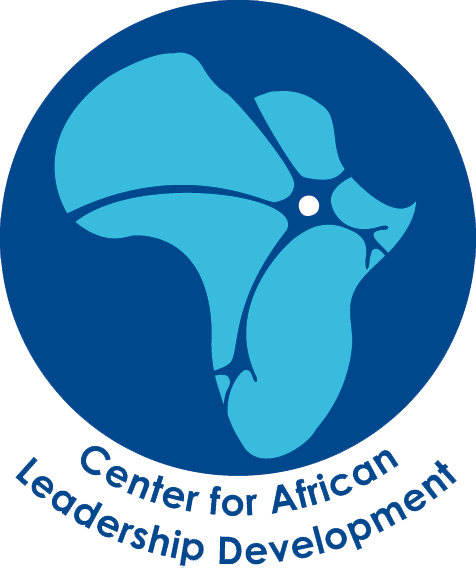In 2018, Nicole Snow’s Darn Good Yarn–an 11-year-old wholesaler and retailer of recycled yarn, clothing, and home goods–was named one of the Inc. 5000 fastest-growing private companies in America for the second consecutive year. Below is the story of how Snow’s pregnancy in 2016 led to a surprising and effective leadership trick, which she credits with enabling her startup’s growth.–as told to Cameron Albert-Deitch
I got pregnant, and I thought that was honestly the worst thing that could have happened to me as a business owner.
You’re told, when you’re pregnant, that you can’t get stressed because it affects the baby. It made me hyper-paranoid. I was used to running at this macho entrepreneurial speed, working 100-hour weeks. Until I got pregnant, the business and Nicole were one and the same.
Suddenly, I needed to actually do the self-care thing that had never really been on the list. The first couple months weren’t pretty. I’d ask my employees: “What the hell is going on? You guys have to do more; I’m coming in.” I was really good at powering through things–I could just muscle it, and somehow it would get done. It was authoritarian.
When I was seven months pregnant and about to go on maternity leave, I made one of my employees cry. She was going to be responsible for sales and marketing while I was gone, and I was considerably wigged out that I had made the wrong choice. I needed her to rise to the occasion very quickly. The stakes were very, very high.
I was so frustrated with her, because she got paralyzed just by having a lot on her plate. I was a dirtbag.
My daughter was born at the end of September. The timing for me was about as terrible as it could have been, from a business perspective. In retail, you’re going into the holiday season, and I was in labor for three days. You don’t recover from that, really.
I went from handling everything all the time to saying, “I don’t have the energy to do this anymore. Keri, you need to handle this huge workload that I was doing.” It was seagull management, where you fly through, s–t your ideas all over everyone, and fly away.
At one point, I hit up my team about a particular holiday strategy: “Hey, was this done? Are you thinking about this for the holidays?” And they were like, “Oh, that’s been done for weeks.”
That’s when it occurred to me: They actually had it pretty well under control. Maybe I should have trusted them. And then, our numbers came out for that year–and we did really well. We had 40 percent growth from the year before, which was astounding to me.
“OK, Nicole,” I thought to myself. “You need to stop being such a controlling maniac here. You hired smart people.”
We actually use the maternity concept now to start developing every employee’s leadership skills. This just happened with Phil, my customer service manager. I was trying to get him to start exercising his leadership muscles, so I looked at him and said, “I need you to pretend like you’re pregnant.”
He was like, “What the hell are you talking about?”
So we went through the process of what happens. For example, what would your job look like if you could only work five hours a day? What would have to come off your plate? What are you wasting time on? What are your strengths that you should be working on during that time, and what can we potentially put onto someone else’s plate or hire someone to handle?
I use this term endearingly: Get the “dirty diapers” of your day done. The stuff that needs to be done. That opens up two to three more hours for you to work on “the fun stuff.”
That extra time is where the magic can happen in business. I think that’s why the maternity concept works. It’s a simple analogy that doesn’t muddy things up, and it’s gotten my team to the next place. The fact that we’ve grown the business since then–we finished last year with $7.1 million in revenue off of eight employees–is a testament to that fact.
My daughter is 2 years old now, and even today, I usually work five or six hours per day before going back to mom mode. No more kids on the horizon for me–like Tom Brady, I want to retire while it’s still good. That’s the kind of gal I am.
And what’s happened in the last couple years of this company? We’re not as frantic as we used to be. The intensity and stress aren’t where they used to be. I used to make my employees cry, and now, I see my staff happy and healthy.
That, to me, is transformational.
